11 Things Adult Children Should Ask Their Parents Before It's Too Late
We often wait too long to ask the things that really matter.
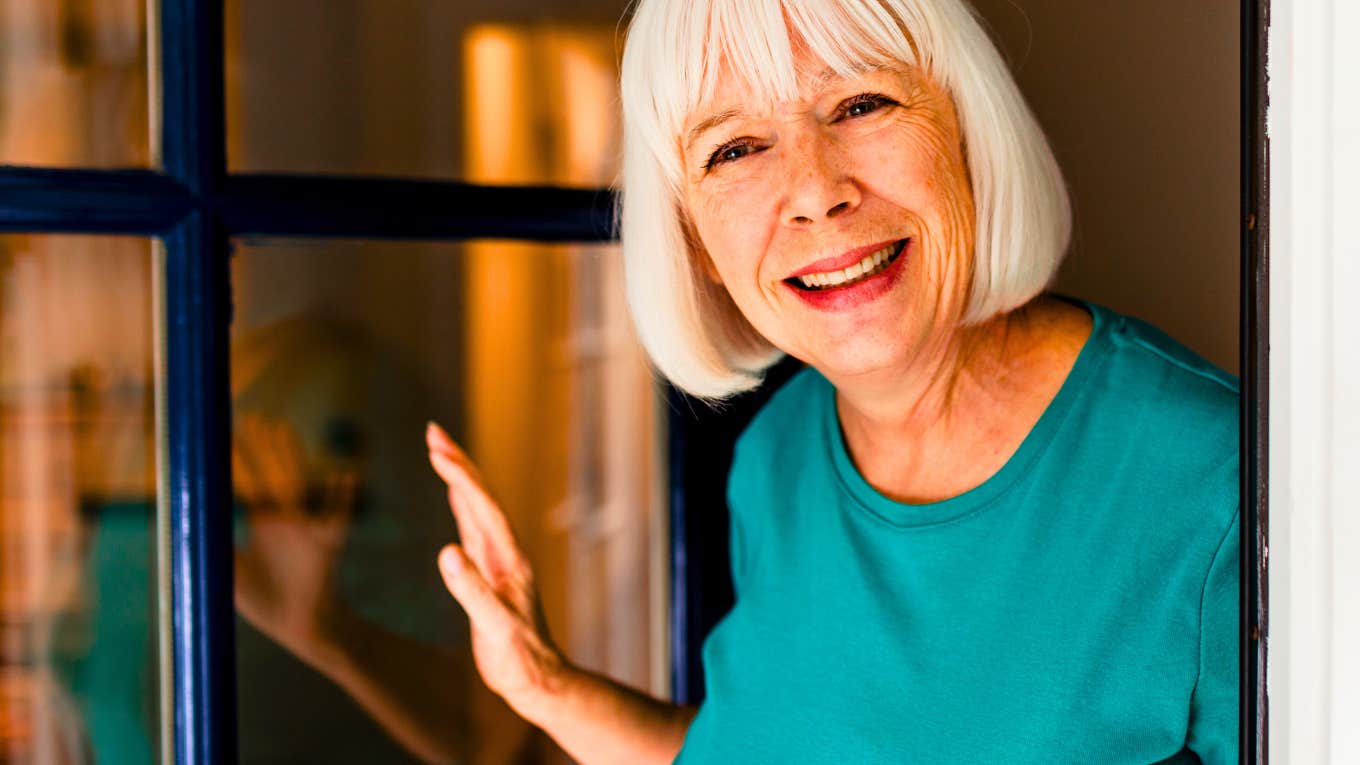 Rawpixel.com / Shutterstock
Rawpixel.com / Shutterstock Time tends to slip away are we get older. There starts to be more days behind us than there are in front of us. Many adult children don't realize exactly how much they don't know about their parents until it's too late to ask the important questions.
Whether you want to know more about your family's history and where you came from, or your parents' wildest dreams and greatest fears, there will come a time when they are no longer available to give you the answers you want so desperately. If you take the time to ask these questions and listen, you'll have a unique opportunity to capture their wisdom, history, and heart before the chance is gone. This list of questions will help you to get started with uncovering who the people who brought you into the world truly are.
Here are 11 things adult children should ask their parents before it's too late
1. 'What are you most proud of in life?'
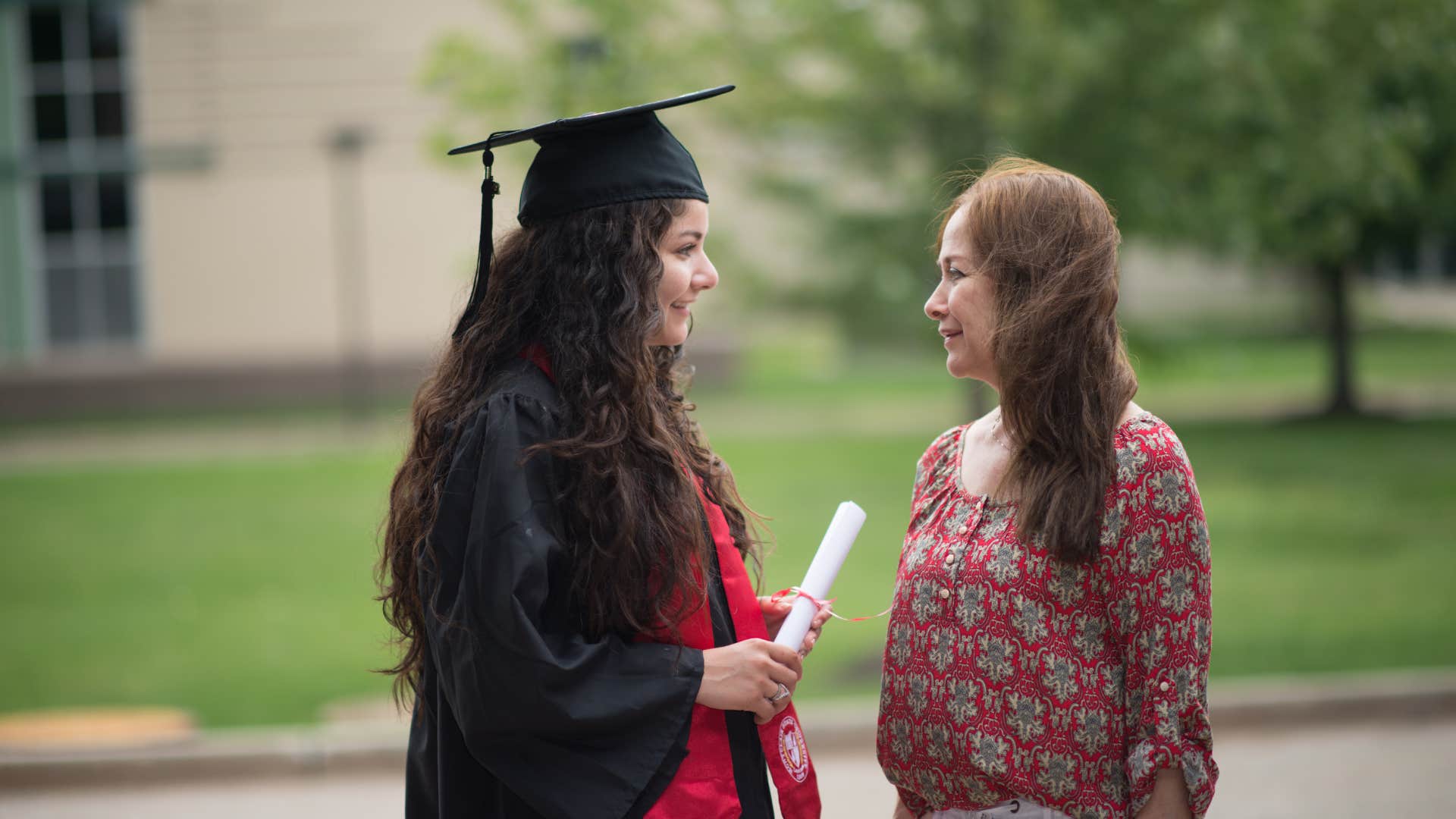 Reptile8488 from Getty Images Signature via Canva
Reptile8488 from Getty Images Signature via Canva
This simple but substantive question can uncover accomplishments, sacrifices, and life-changing moments that shaped your mother's or father's character. You can discover the achievements that mean the most to them, and you might end up surprised. It might be career-related, or family-oriented, or even something deeply personal that you would have never otherwise known.
This question is not just about the big wins they have had. It can open your mind to the quiet victories that hurt too much to talk about, or their values and definition of success. This question often surprises parents and makes them think deeply about the span of their lives. It can make them feel seen and create a moment that you will cherish forever.
2. 'What was your childhood really like?'
 Jupiterimages from Photo Images via Canva
Jupiterimages from Photo Images via Canva
I was blessed to have a mom who is my best friend in the world. I have learned so much about her upbringing and background throughout my life that I may as well have been there with her. The experiences she has shared with me have given me a good understanding of who he is as an individual, outside of being a mother, wife, and grandmother.
Many parents give broad descriptions of their childhoods, like "It was good," or "It was okay." But gently pressing for more information can unlock stories about their upbringing, the culture in their family, their daily lives, and personal struggles that will make you see them much differently. As you dig in, you begin to discover why they parented the way they did and why they turned out the way they are.
3. 'What do you wish you had done differently?'
 laflor from Getty Images Signature via Canva
laflor from Getty Images Signature via Canva
Everyone has regrets, and for many of us, they are hard to talk about. But they can also be a source of deep wisdom. By learning from our parents' past mistakes, we can try to avoid the same outcomes in the future. Maybe they wish they had traveled more, or did something different with their talents, or even spent more time with family.
Their reflections can inspire you to make choices that align with your heart and soul, especially if they ignored their own. This question humanizes them and takes them off the pedestal that they have been expected to stay on their entire adult lives. By understanding where they believe they went wrong, you can do better and become your parents' and your own wildest dreams.
4. 'Who was your biggest influence growing up?'
 SHVETS production from Pexels via Canva
SHVETS production from Pexels via Canva
Knowing who shaped your mom or dad's way of thinking, confidence, and worldview growing up gives you a clear picture of what guided them on their life path. It might have been a teacher, a grandparent, a coach, or a sibling, but the answer can give you direct insight into who impacted them most and helped to make them the man or woman they are today.
My father drove semi trucks for a living, just like his father did before him. It was easy to assume my grandfather was his biggest inspiration growing up, but it turns out that was not true. Sometimes, our parents did what was expected, but truly admired someone who lived that thought outside of the box that society had placed them in.
5. 'What were your parents like?'
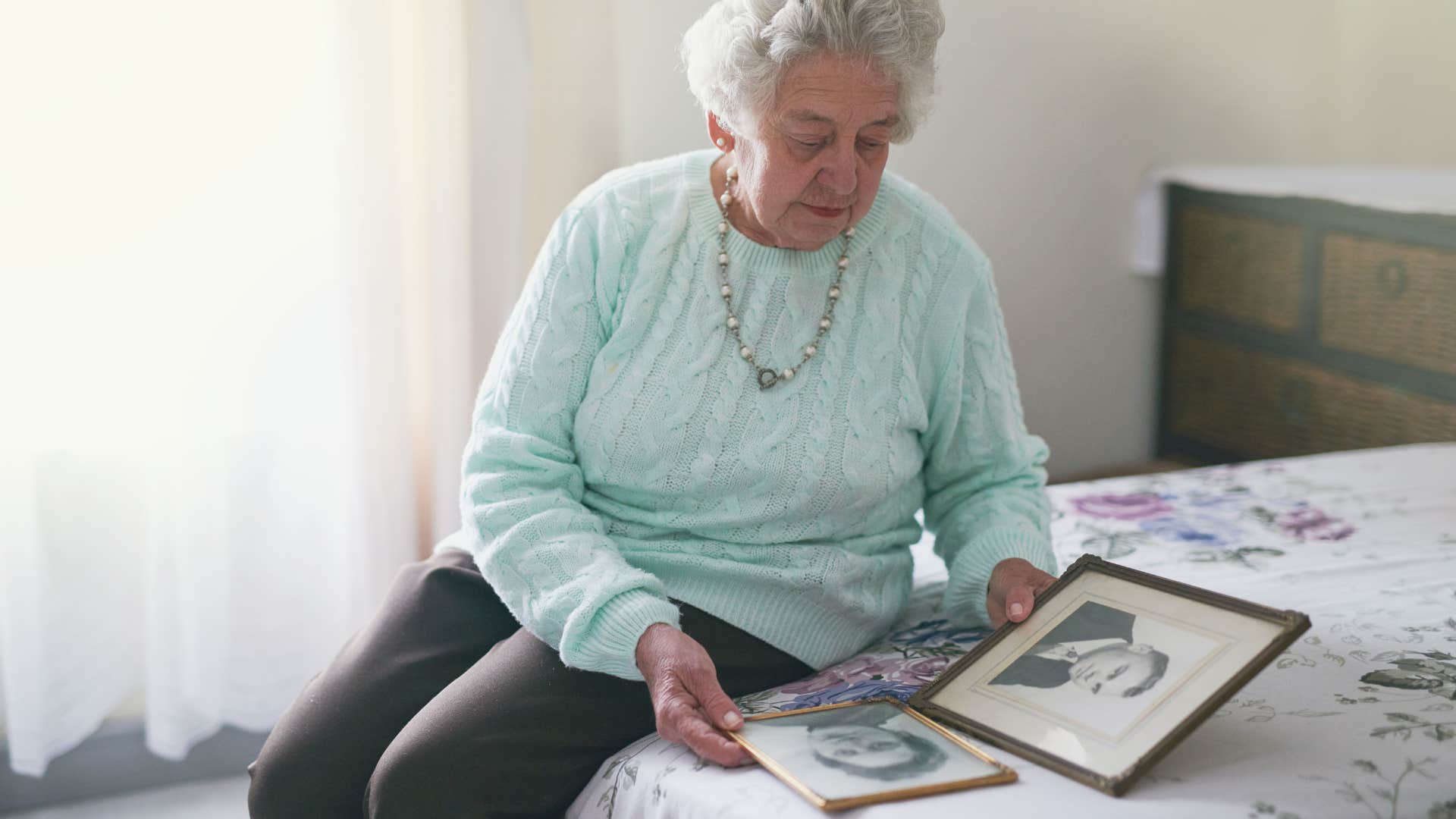 PeopleImages from Getty Images Signature via Canva
PeopleImages from Getty Images Signature via Canva
I lost every grandparent I had while still in my teenage years, so I never had the opportunity to get to know them on a personal level. Fortunately, my mother has been a wealth of information. So much so that I almost feel as if I went through some of their life experiences alongside them. The truth is that we may know our grandparents as just that, but we've never known them as parents, young adults, or kids.
Ask about their strengths, weaknesses, flaws, and wins in life. This gives your parent a rare chance to reflect on their upbringing and how it shaped the way they parented you. It can also help to identify generational patterns and curses that need to be broken or disrupted. The memories may be beautiful, painful, or a combination of both, but they are worth sharing and hearing.
6. 'How did you fall in love?'
 studioroman via Canva
studioroman via Canva
Someone I know recently asked her mother how she fell in love with her father. She was taken aback when her mom disclosed that she didn't. She was actually in love with another man, but it was not appropriate to be with him so instead, she chose the man she married and had a family with. The marriage of convenience was a source of great pain and regret that made her feel sorry for both of her parents, but she would never have known without asking.
We often forget that our parents are people like us, with their own love stories waiting to be shared. Ask about how they met, what made them stay together, and what almost drove them apart. There are so many life lessons and so much wisdom you can glean from what they went through. And what a privilege to be the person to hear the stories they've been waiting to share with someone.
7. 'What was the hardest time in your life?'
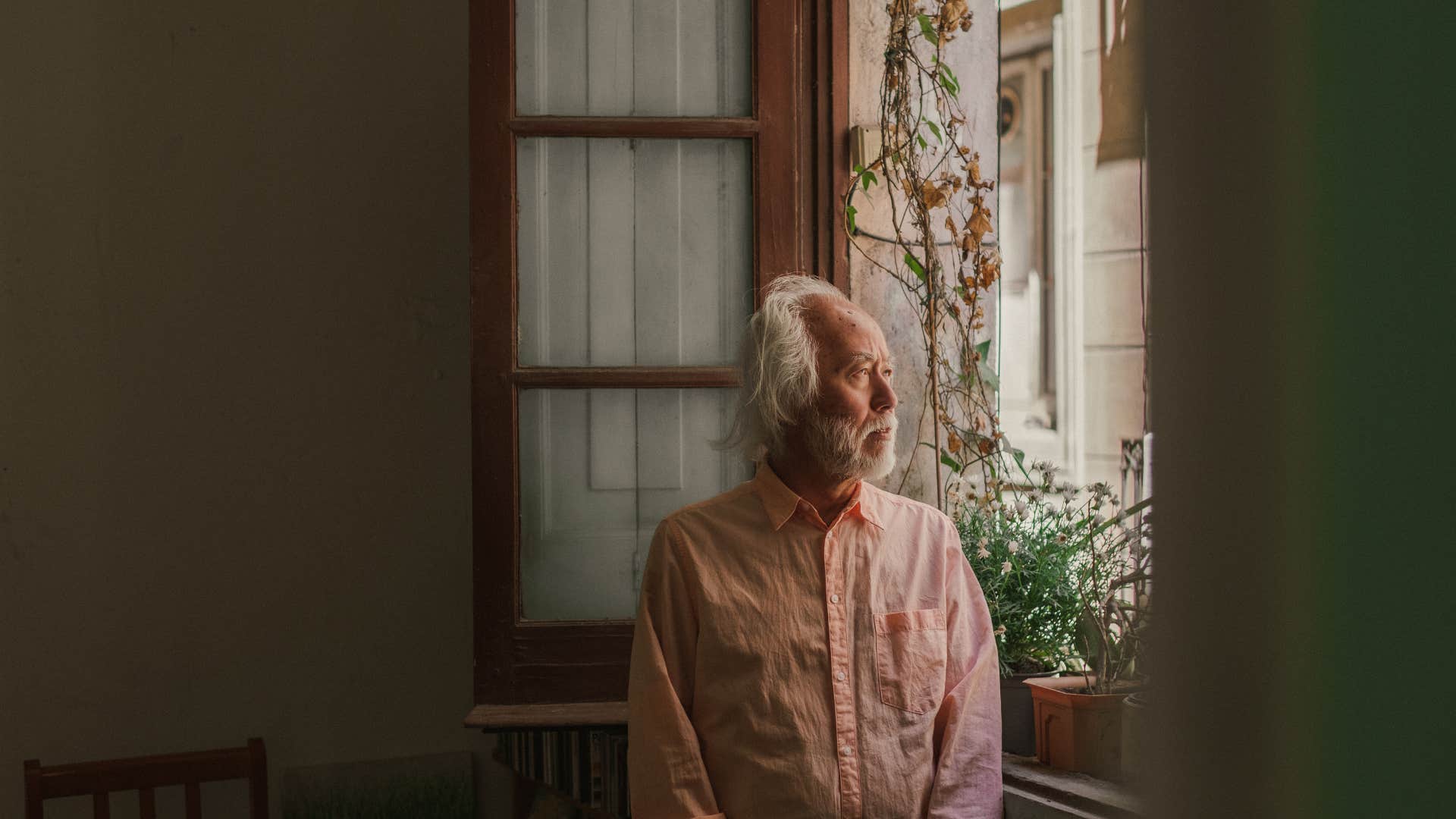 Mike Marchetti from baseimage via Canva
Mike Marchetti from baseimage via Canva
I know exactly what my parents' most difficult times in life were. One, I was there to experience. I watched as the loss of my brother to violence ripped them to shreds, leaving them a shadow of who they used to be. Eventually, they recovered to some degree, but it was evident that a part of them died the day my brother did.
Everyone has a chapter that they barely survived. Perhaps they lost a parent like I have, became unemployed or homeless, faced discrimination, lost a spouse, or got sick. But if they are here to talk about it, they are blessed and able to share their sense of resilience and overcoming with you. When your parents are long gone, you can reflect and draw on their strength during your own struggles.
8. 'What traditions and values do you want me to carry on?'
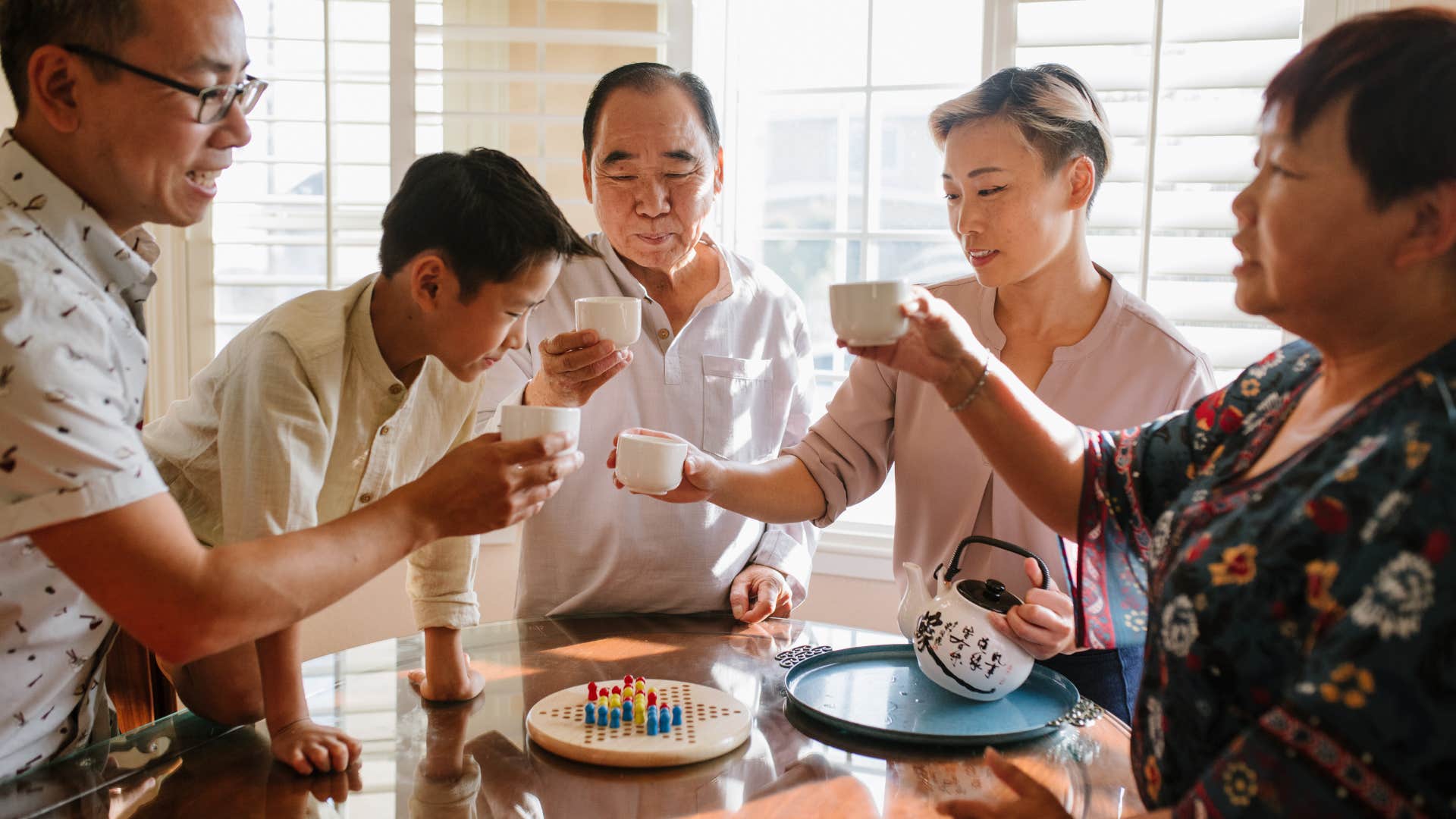 Tiffany Luong from Tiffany Luong via Canva
Tiffany Luong from Tiffany Luong via Canva
This is one of my favorite questions because I love doing traditional things for my family. I learned how to fully celebrate holidays by watching my parents. Even if your family didn't have elaborate customs, they had rituals and routines that you could pass down generation after generation. Their morals, codes, and beliefs may be of particular value to you and something you want to keep alive.
This question allows you to pass the torch to your children when the time arrives. Whether it's family dinners, community giving, or close relationships with siblings and cousins, you get a chance to find out what they hold sacred and continue to honor it when they are long gone.
9. 'What's one lesson you learned the hard way?'
 pixelshot via Canva
pixelshot via Canva
I often tell my sons that I am telling them about my failures so they don't have to learn the hard way. I want them not to have to go through certain things to know better. Even as an adult, your parents can do the same for you. Some wisdom only comes through trial and error, but unless we ask about what life taught our parents through their mistakes, we will have to go through the same trials and tribulations.
By asking these questions before it is too late, we can use them as tools in our own lives that keep us from taking the wrong path as they did. Every good parent's dream is to see their children do better in life than they did, so sharing the life lessons they have learned should be an easy ask.
10. 'Do you have any unfulfilled dreams?'
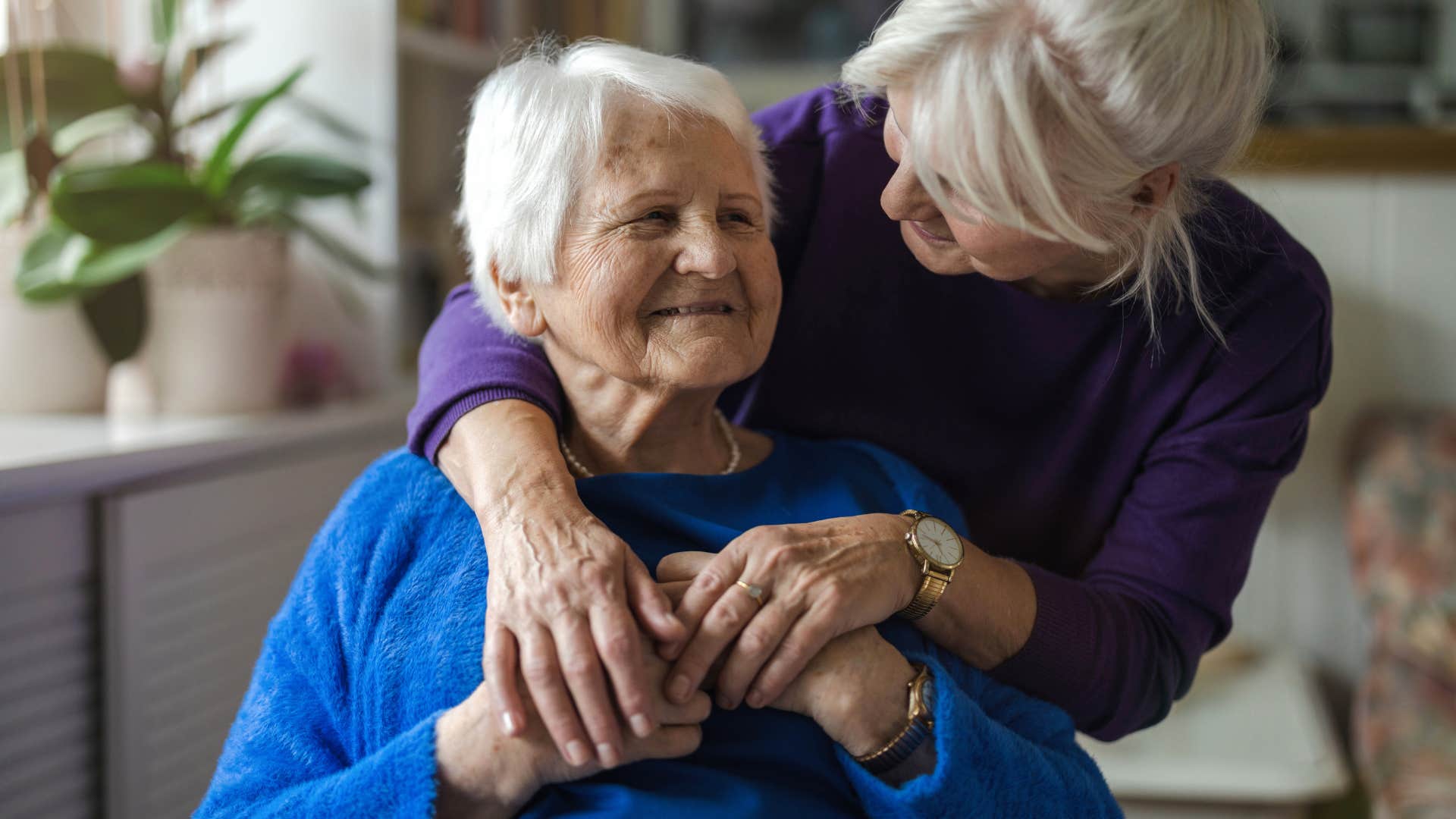 PIKSEL from Getty Images via Canva
PIKSEL from Getty Images via Canva
In an ideal world, we all know what we want out of life and achieve it. However, that is not always the case. However, knowing what your parents intended to do but never succeeded can be a bittersweet conversation. They may have put their dreams on hold to raise a family, for stability, for survival, or simply because they didn't have all of the same opportunities we have nowadays.
Perhaps they wanted to write a book, open a small business, or travel to a special destination. Your inquiry into their deepest desires tells them that their dreams still matter, and it may even inspire them to take action despite their age. The best outcome of this particular conversation is that you assure your caretaker that it is never too late to be what they might have been.
11. 'Is there anything you want me to know?'
 Robert Kneschke via Canva
Robert Kneschke via Canva
This question is intentionally open-ended. It's a legacy question that gives them space to share wisdom, stories, knowledge, and hopes for the future. There might be practical things, such as advising you to keep a will or manage your money wisely. Or it could be personal, like telling you to stay away from non-reciprocal relationships.
Either way, this valuable information can leave a permanent imprint on your mind, heart, and soul. We get to know our partners deeply. We know all of our kids' needs and wants and do our best to meet them. But who makes it their intention to listen and understand their parents? Asking these questions can deepen your bond, bring much-needed closure, and preserve stories that would otherwise be lost forever.
NyRee Ausler is a writer from Seattle, Washington, and the author of seven books. She focuses on lifestyle and human interest stories that deliver informative and actionable guidance on interpersonal relationships, enlightenment, and self-discovery.

